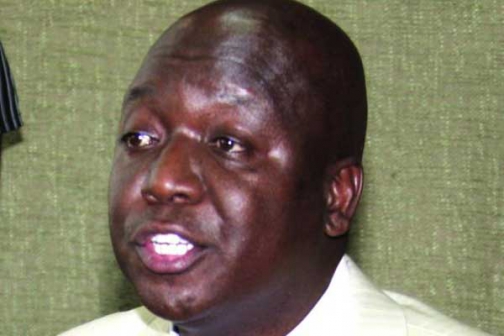×
The Standard e-Paper
Home To Bold Columnists

MPs want a proposed law seeking to provide a legal framework for regulating gambling rejected.
The Labour Committee asked the House to shelve the Betting, Lotteries and Gaming (Amendment) Bill, 2016, sponsored by Deputy Minority Leader Jakoyo Midiwo (Gem), for lack of consultation.